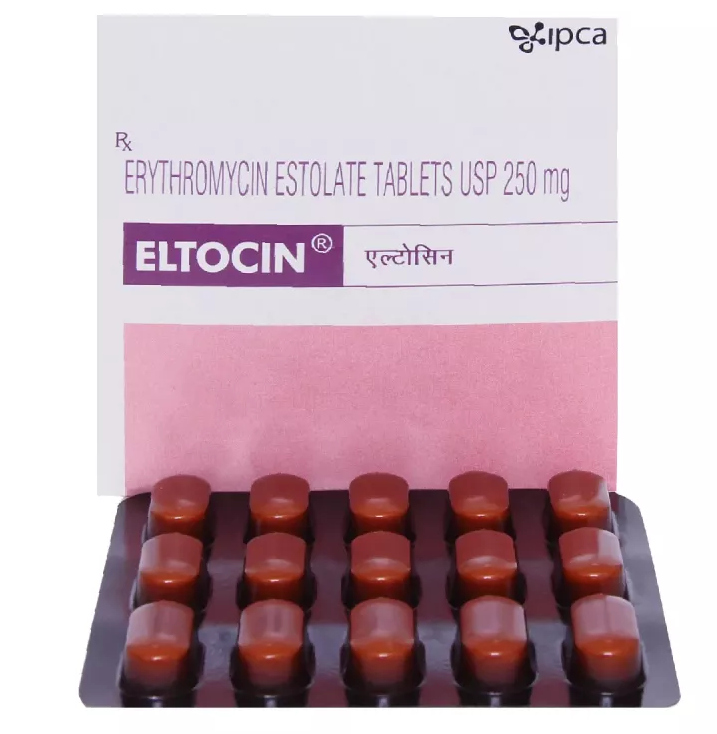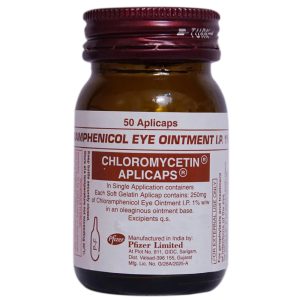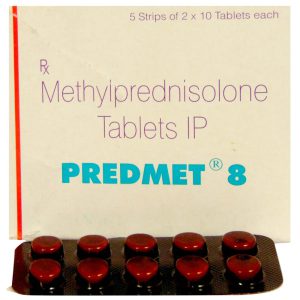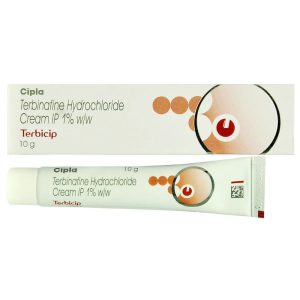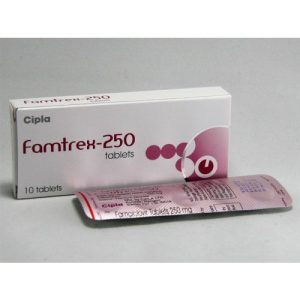Erythromycin Tablets (Eltocin) – Product Information
Erythromycin tablets are used to treat or prevent infections that are proven or strongly suspected to be caused by susceptible bacteria. Eltocin tablets are available in strengths of 250 mg and 500 mg.
We also stock Amoxicillin Capsules (Novamox) which is used to treat infections of the middle ear, tonsils, throat, larynx (laryngitis), bronchi (bronchitis), lungs (pneumonia), urinary tract, and skin.
Name of Drug
Eltocin tablets (Generic Erythromycin). This medication is also referred to as Althrocin, Biomycin, Citamycin, Emthrocin, Erybest, Erythrokem, Etomin, Inderyth.
Manufacturer Of Eltocin Tablets
Ipca Laboratories Ltd
Website: www.ipcalabs.com
Active Pharmaceutical Ingredient in Eltocin Tablets
The active pharmaceutical ingredient present in Eltocin tablets is Erythromycin Stearate.
Uses of Erythromycin Tablets
Erythromycin tablets (Eltocin) are used to treat the indications below:
- Upper respiratory tract infections of mild to moderate degree caused by Streptococcus pyogenes, Streptococcus pneumoniae, and Haemophilus influenzae
- Lower respiratory tract infections of mild to moderate severity caused by Streptococcus pyogenes or Streptococcus pneumoniae.
- Listeriosis caused by Listeria monocytogenes.
- Respiratory tract infections due to Mycoplasma pneumoniae.
- Skin and skin structure infections of mild to moderate severity caused by Streptococcus pyogenes or Staphylococcus aureus
- Pertussis (whooping cough) caused by Bordetella pertussis. Erythromycin is effective in eliminating the organism from the nasopharynx of infected individuals, rendering them noninfectious.
- Diphtheria: Infections due to Corynebacterium diphtheriae, as an adjunct to antitoxin, to prevent establishment of carriers and to eradicate the organism in carriers.
- Erythrasma: In the treatment of infections due to Corynebacterium minutissimum.
- Intestinal amebiasis caused by Entamoeba histolytica (oral erythromycins only).
- Acute Pelvic Inflammatory Disease Caused by Neisseria gonorrhoeae: Eltocin® Lactobionate-I.V. (erythromycin lactobionate for injection, USP) followed by erythromycin base orally, as an alternative drug in treatment of acute pelvic inflammatory disease caused by N. gonorrhoeae in female patients with a history of sensitivity to penicillin.
- Erythromycins are Indicated for Treatment of the Following Infections Caused by Chlamydia trachomatis: Conjunctivitis of the newborn, pneumonia of infancy, and urogenital infections during pregnancy. When tetracyclines are contraindicated or not tolerated, erythromycin is indicated for the treatment of uncomplicated urethral, endocervical, or rectal infections in adults due to Chlamydia trachomatis.
- When tetracyclines are contraindicated or not tolerated, erythromycin is indicated for the treatment of nongonococcal urethritis caused by Ureaplasma urealyticum.
- Primary syphilis caused by Treponema pallidum. Erythromycin (oral forms only) is an alternative choice of treatment for primary syphilis in patients allergic to the penicillins.
- Prevention of Initial Attacks of Rheumatic Fever
- Prevention of Recurrent Attacks of Rheumatic Fever
Erythromycin Tablets – Dosage
Eltocin tablets have to be administered in the fasting state or immediately before meals.
Adults: The usual dosage of Eltocin tablets is 250 mg every 6 hours; or 500 mg every 12 hours. Dosage may be increased up to 4 g per day according to the severity of the infection. However, twice-a-day dosing is not recommended when doses larger than 1 g daily are administered.
Children: Age, weight, and severity of the infection are important factors in determining the proper dosage. The usual dosage is 30 to 50 mg/kg/day, in equally divided doses. For more severe infections this dosage may be doubled but should not exceed 4 g per day.
In the treatment of streptococcal infections of the upper respiratory tract (e.g., tonsillitis or pharyngitis), the minimum effective dosage of erythromycin should be administered for at least ten days.
Missed Dose
Take the missed dose of Eltocin tablets (Erythromycin) as soon as you remember. In case it is almost time for the next dose, skip the missed dose and continue with the remaining doses as before. Do not take more than one dose at a time.
Storage Instructions for Erythromycin Tablets
Erythromycin tablets (Eltocin) should be kept at room temperature, below 30°C (86°F) in a light-resistant, tight container. Keep away from children and pets.
Warnings and Precautions when using Erythromycin Tablets
Before using Eltocin (Erythromycin tablets) please inform your doctor all the medicines that you take including no prescription medications, over the counter medicines and herbal remedies.
There have been reports of hepatic dysfunction, including increased liver enzymes, and hepatocellular and/or cholestatic hepatitis, with or without jaundice, occurring in patients receiving oral erythromycin products.
There have been reports suggesting that Erythromycin does not reach the fetus in adequate concentration to prevent congenital syphilis. Infants born to women treated during pregnancy with oral erythromycin for early syphilis should be treated with an appropriate penicillin regimen.
Clostridium difficile associated diarrhea (CDAD) has been reported with use of nearly all antibacterial agents, including Eltocin®.
Rhabdomyolysis with or without renal impairment has been reported in seriously ill patients receiving erythromycin concomitantly with lovastatin.
Since Erythromycin is principally excreted by the liver, caution should be exercised when Erythromycin is administered to patients with impaired hepatic function.
Exacerbation of symptoms of myasthenia gravis and new onset of symptoms of myasthenic syndrome have been reported in patients receiving Erythromycin therapy.
Prolonged or repeated use of Erythromycin may result in an overgrowth of nonsusceptible bacteria or fungi. If superinfection occurs, Erythromycin should be discontinued and appropriate therapy instituted.
Side Effects of Erythromycin Tablets (Eltocin)
The most frequent possible side effects of Erythromycin tablets are gastrointestinal and are dose-related. The side effects include nausea, vomiting, abdominal pain, diarrhea and anorexia. Symptoms of hepatitis, hepatic dysfunction and/or abnormal liver function test results may also occur.
Onset of pseudomembranous colitis symptoms may occur during or after antibacterial treatment.
Erythromycin has been associated with QT prolongation and ventricular arrhythmias, including ventricular tachycardia and torsades de pointes.
Allergic reactions ranging from urticaria to anaphylaxis have occurred. Skin reactions ranging from mild eruptions to erythema multiforme, Stevens-Johnson syndrome, and toxic epidermal necrolysis have been rarely reported.
Contraindications
Erythromycin tablets are contraindicated in patients with hypersensitivity to Eltocin Stearate or any inactive ingredient of Erythromycin tablets. Erythromycin is also contraindicated in patients taking terfenadine, astemizole, pimozide or cisapride.
Erythromycin (Eltocin Tablets) and Pregnancy
There is no evidence of teratogenicity or any other adverse effect on reproduction in female rats fed erythromycin base.Since animal reproduction studies are not always predictive of human response, Eltocin tablets should be used during pregnancy only if clearly needed.
The effect of Erythromycin on labor and delivery is unknown. Erythromycin is excreted in human milk. Caution should be exercised when erythromycin is administered to a nursing woman.
Buy Eltocin Tablets (Erythromycin) 250 mg and 500 mg Online at Cheap Price
You can buy Eltocin tablets at a cheap price online from the Swiss Pharmacy. It is available in pills of 250 mg and 500 mg. The 250 mg Erythromycin pills are priced at only $0.35 per unit, if you place an order for 360 pills.


